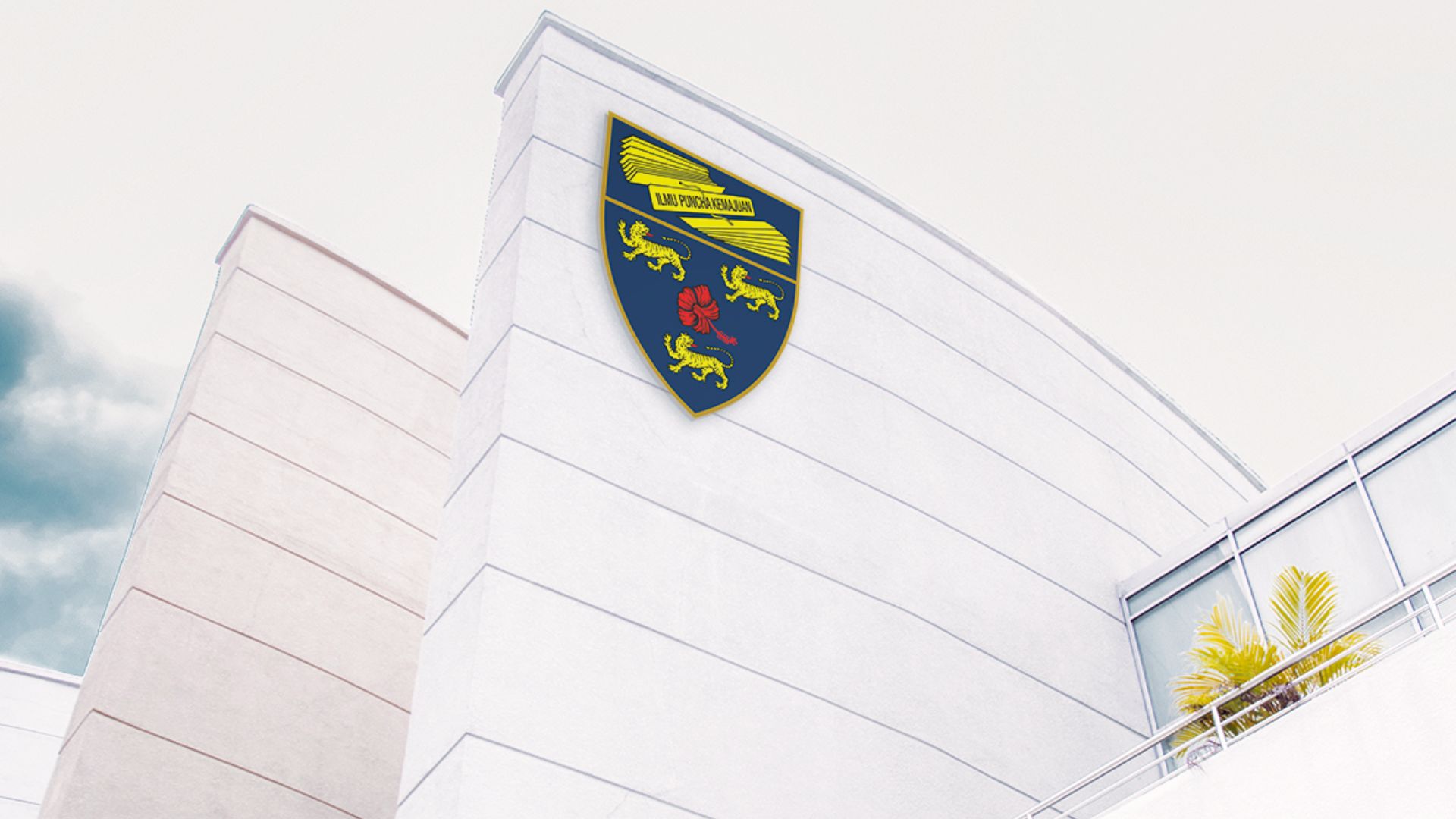University-Industry Collaboration in Thailand: Firm Characteristics, Collaboration Modes and Outcomes
Main Article Content
Abstract
University-industry collaboration has become a popular topic for Science, Technology and Innovation (STI) policy research. Nonetheless, we do not have adequate understanding on several concerning issues. This paper aims to investigate the following issues: the influence of firm characteristics on decision to collaborate with universities and collaboration modes and the influence of firm characteristics on collaboration outcomes and outcomes of R&D/Innovation activities. Salient findings are observed. First, firm characteristics influence decision to collaborate with universities and collaboration modes. Second, human resource (HR) is the most frequent mode whereas technology licensing is the least frequent mode. Nonetheless, HR mode does not relate to outcomes. Third, types of modes affect outcomes. Interestingly, informal mode influences intellectual property (IP), prototype and innovation. Perhaps informal collaboration may be a stepping stone and a trust-building mechanism for ‘formal’ and ‘longer-term’ modes of collaboration. The aforementioned findings have crucial implications for stimulating university-industry collaboration.
Downloads
Article Details
Submission of a manuscript implies: that the work described is original, has not been published before (except in the form of an abstract or as part of a published lecture, review, or thesis); that is not under consideration for publication elsewhere; that its publication has been approved by all co-authors, if any, as well as tacitly or explicitly by the responsible authorities at the institution where the work was carried out. Transfer of copyright to the University of Malaya becomes effective if and when the article is accepted for publication. The copyright covers the exclusive right to reproduce and distribute the article, including reprints, translations, photographic reproductions, microform, electronic form (offline and online) or other reproductions of similar nature.
An author may self-archive the English language version of his/her article on his/her own website and his/her institutions repository; however he/she may not use the publishers PDF version which is posted on www.ijie.um.edu.my. Furthermore, the author may only post his/her version, provided acknowledgement is given to the original source of publication and a link must be accompanied by the following text: The original publication is available at www.ijie.um.edu.my.
All articles published in this journal are protected by copyright, which covers the exclusive rights to reproduce and redistribute the article (e.g. as offprint), as well as all translation rights. No material published in this journal may be reproduced photographically or stored on microfilm, in electronic database, video disks, etc., without first obtaining written permission from the publishers. The use of general descriptive names, trade names, trademarks, etc., in this publication, even if not specifically identified, does not imply that these names are not protected by the relevant laws and regulations.
The copyright owners consent does not include copying for general distribution, promotion, new works, or resale. In these cases, specific written permission must first be obtained from the publishers.
